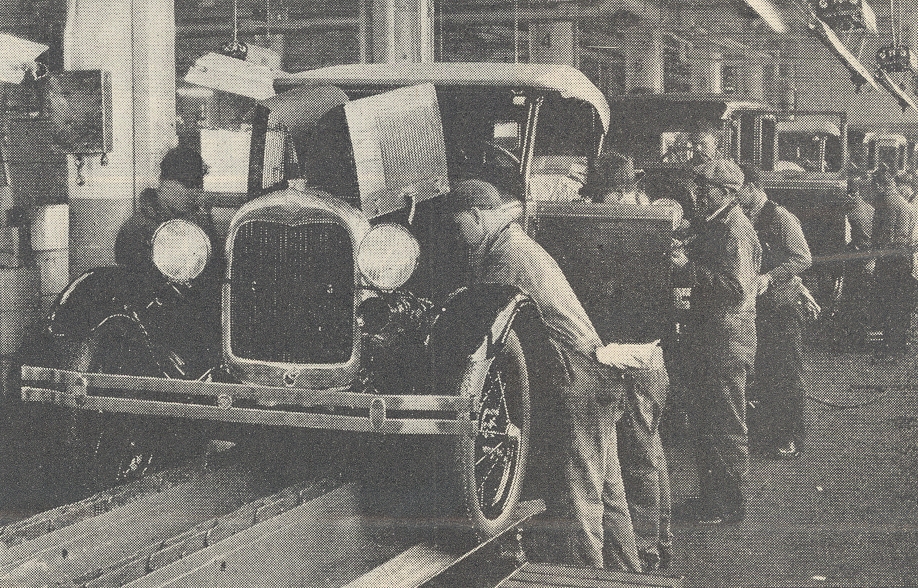The Making Sense
Co-Production and Populism
Production fulfils the making of a thing by bringing it to public scrutiny. Production is therefore the cutting edge of rhetorical performance in law, politics, media, and all aspects of civic and social life. Its impact lies largely in the fact that the public – or “publics” plural – are naturally most persuaded towards positive reception of a thing where they perceive that they’ve had a hand in co-Production of the thing. The appeal to “making with” has been a technique favoured by orators throughout the history of political rhetoric. American Abolitionist Frederick Douglas used it to affirm the common humanity of different races when he observed that blacks, like whites, “are ploughing, planting, and reaping, using all kinds of mechanical tools, erecting houses, constructing bridges, building ships…we are engaged in all manner of enterprises common to other men” (“The Meaning of July Fourth for the Negro”, 5 July 1852). With the very different motivation of seeking to divide one section of humanity from the rest, Donald Trump also appealed to collaborative construction when he famously said “we have to build a wall, folks. We have to build a wall” (Dallas, Texas, 14 September 2015). Perhaps he borrowed the technique from his background in business and sales, for the appeal to “making with” is also pervasive in modern marketing practices. Thus word-of-mouth or “viral” marketing was called in 2008 “the defining marketing trend of the decade” (Rick Ferguson, “Word of mouth and viral marketing” (2008) 25(3) Journal of Consumer Marketing 179–182). Analysing that trend, Jim Nail, Chief Strategy and Marketing Officer at media company Cymfony, emphasizes the public’s co-productive influence over the things that suppliers make: “To succeed in word-of-mouth marketing, you need to find that segment of real ardent fans and create special programs and tools that will empower them to share that enthusiasm” (Ferguson, ibid). The tactic of appealing to and empowering “that segment of real ardent fans” sounds like something straight out of the Donald Trump playbook.
“Farewell Address, 19 September 1796,” Founders Online, National Archives; (Read) [Original source: The Papers of George Washington, Presidential Series, vol. 20, 1 April–21 September 1796, ed. David R. Hoth and William M. Ferraro. Charlottesville: University of Virginia Press, 2019, pp. 703–722.]
Mark Hom, “Why Humans Prefer Print Books” (SciTech Connect, Elsevier, 2016) (Read)
Washington’s Farewell Address 1796, The Avalon Project, Yale Law School(Read)
James Madison, Draft of George Washington’s Farewell Address, 21 June 1792, Library of Congress(Read)
“From George Washington to The States, 8 June 1783”, Founders Online, National Archives (Read)
Dominic Cummings, “Why Leave Won the Referendum” Ogilvy Nudgestock Conference 2017 at 7’10”(Watch)
On the soundscape of Brexit, see Gary Watt, “Sound and Fury Signifying Brexit” (2020) 24 Law Text Culture 227-252(Read)
Winston Churchill, October 28, 1943. House of Commons, London.(Read)

These pages link to external material. This is offered as relevant to the subject matter but we do not necessarily endorse the content – readers are encouraged to form their own view. Please notify us if the content ceases to be relevant or if links are incorrect.
LAW HUMANITIES